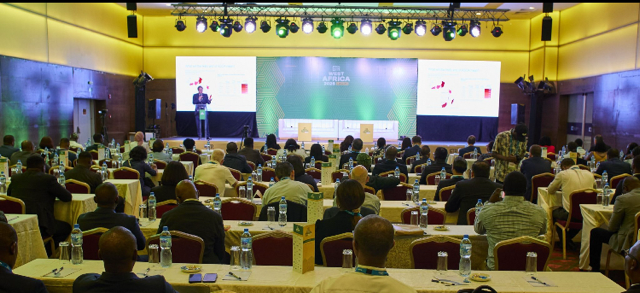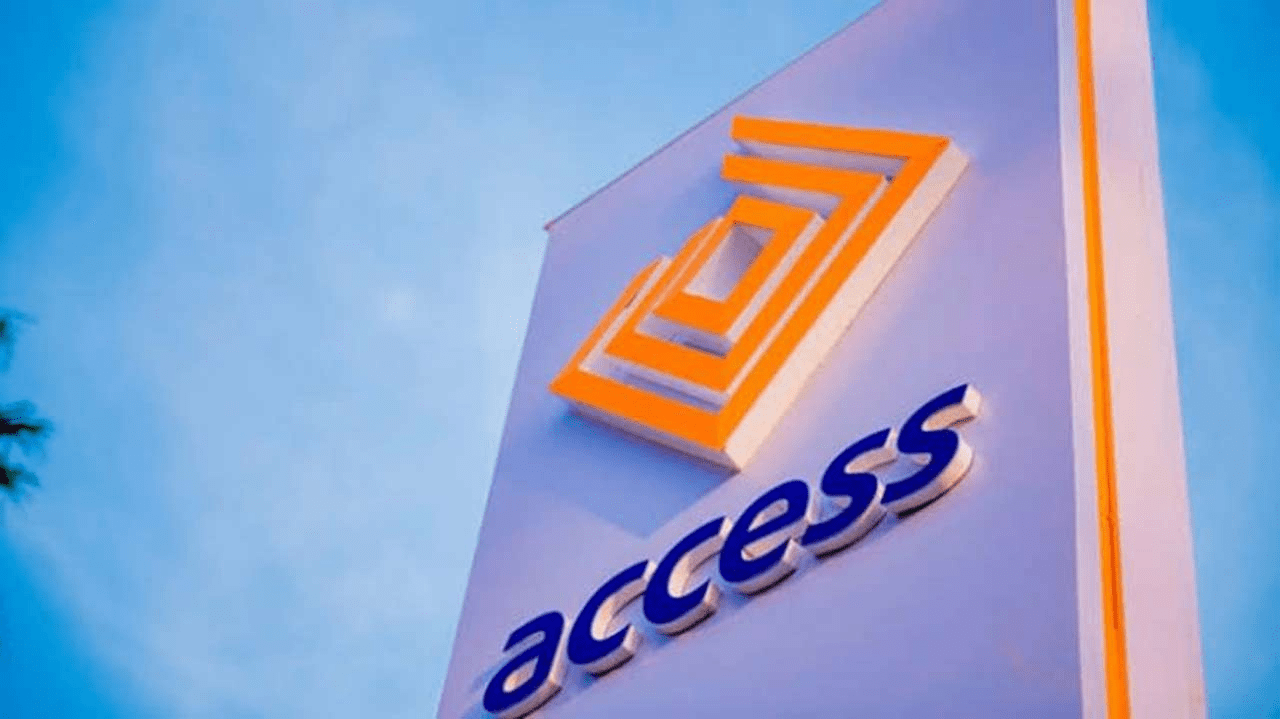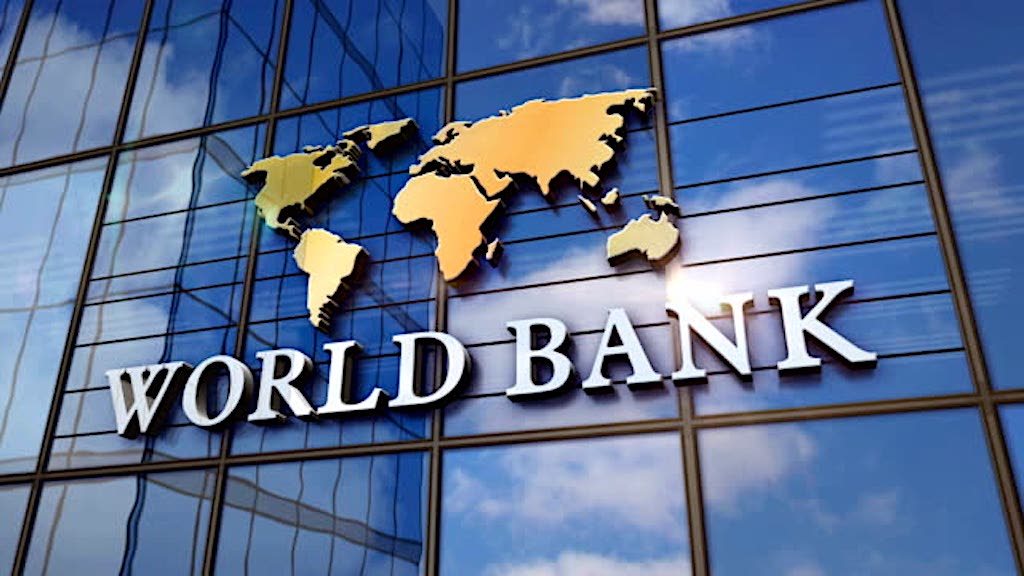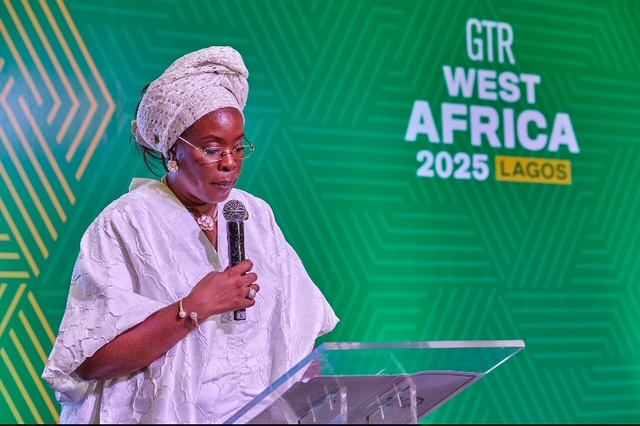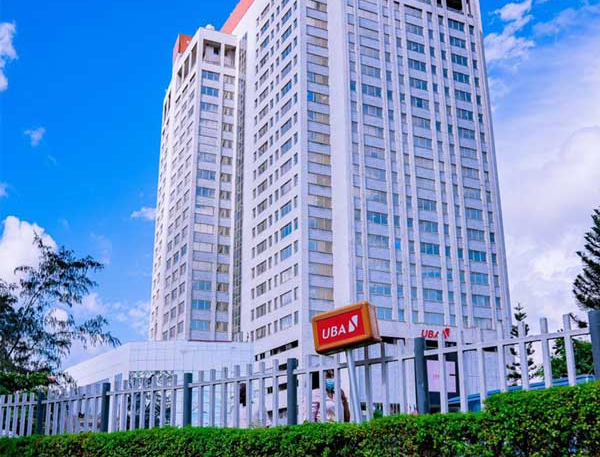Dike Onwuamaeze
The National Economic Council (NEC) has approved the proposal for the establishment of a Cotton, Textile and Garment Development Board (CTGDB) to regulate activities in the sector.
The NEC also approved new strategies for agribusiness expansion and livestock transformation projected to generate up to $90 billion in economic value by 2035.
The meeting, which was chaired by Vice President Kashim Shettima, and was attended by governors of the 36 states of the federation, also approved the establishment of the Green Imperative Project (GIP) national office in Abuja and regional offices across the six geopolitical zones to address the crises fuelled by the current system of animal husbandry in the country.
Senior Special Assistant to the President on Media & Communications (Office of The Vice President), Mr. Stanley Nkwocha, in a statement stated that the CTGDB would be domiciled in the Presidency and funded from the Textile Import Levy being collected by the Nigeria Customs Service (NCS).
Other members of the board would be representatives of the six geo-political zones as well as the ministers of Agriculture and Food Security, minister of Budget and Economic Planning, and minister of Industry, Trade and Investment.
Shettima said that the establishment of a CTGDB aligned with the economic revival agenda of President Bola Ahmed Tinubu, and would resuscitate a sector that once clothed the people and powered the nation’s economy.
He said: “Nigeria is a nation where cotton can thrive in 34 states. Yet our production level remains a fraction of our potential. We currently produce only 13,000 metric tons, while we continue to import textiles worth hundreds of millions of dollars. This is not just an economic imbalance. It is an invitation to act. Our goal is not just regulation. It is a revival. This is our opportunity to re-industrialise, to empower communities, and to restore pride in local production.”
Shettima also announced that the NEC also approved the establishment of the Green Imperative Project (GIP) national office in Abuja and regional offices across the six geopolitical zones, as well as the request for support for the formal launch of the National Agribusiness Policy Mechanism.
On strengthening the nation’s food security, he said even though it is a vital follow-up to the Nutrition 774 Initiative, it is also basically about building an inclusive, efficient and sustainable national food economy.
“We are building a national food economy that is inclusive, efficient and sustainable,” he noted.
Other highlights of the NEC meeting included the Federal Ministry of Livestock Development’s (FMLD) presentation on, “Nigeria Livestock Growth Acceleration Strategy,” which is built on the National Livestock Transformation Plan (NLTP) (2018 – 2028) that is focused on modernising Nigeria’s livestock sector, with an emphasis on cattle ranching and peace building.
The presentation projected that the strategy would build a $90 billion sector by 2035 in direct partnership between states, the private sector and foreign investors under a sound federal regulatory umbrella.
The ministry said that investments in the programme between 2025 and 2026 would prioritise Animal Health and Zoonoses Control, Feed and Fodder Development, and Water Resources Management.
Others are on Statistics & Information Systems and Breed Improvement initiatives as essential components of comprehensive Livestock Value Chain Development across the country.
The NEC, according to the statement, “FMLD’s inheritance of NLTP, its strategic priorities and associated implementing assets; transferring to FMLD the prior committed N100 billion in resources approved by NEC to support industry modernisation; creating counterpart State Ministries of Livestock Development as appropriate; and gaining access to the pool of technical support and expertise available at the federal ministry, particularly for animal health support and disease eradication.
“The NEC reviewed proposals to work together in delivering public good investments critical to transforming Nigeria into a red meat exporter with access to key Middle East and Asian markets. This included partnering with FMLD to attract private investors to the States as well as strengthening existing ones to build an IGR source, national job growth, and export engine. The final considerations focused on collaboration with the NL-GAS Office to domesticate the new strategy and key into the growing pool of investor engagement.”

